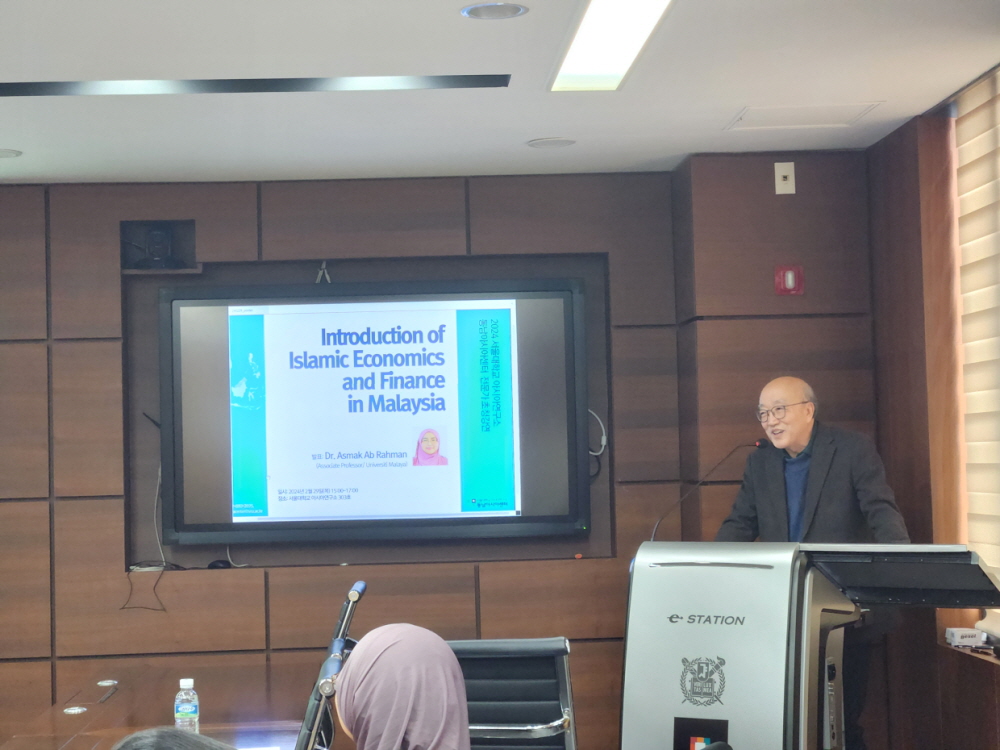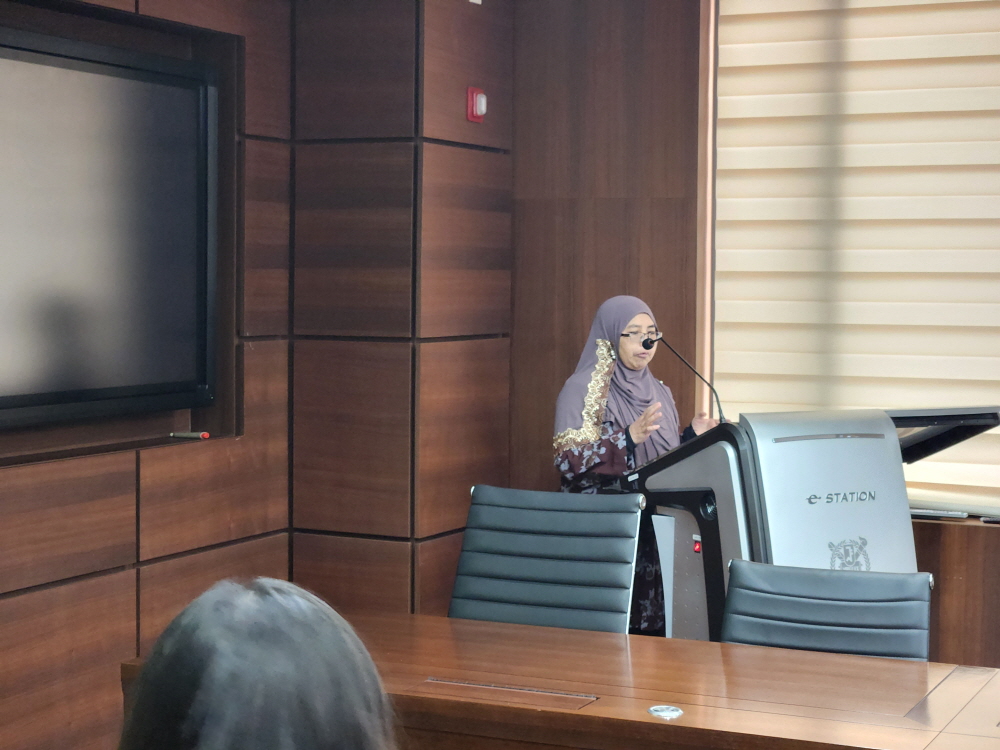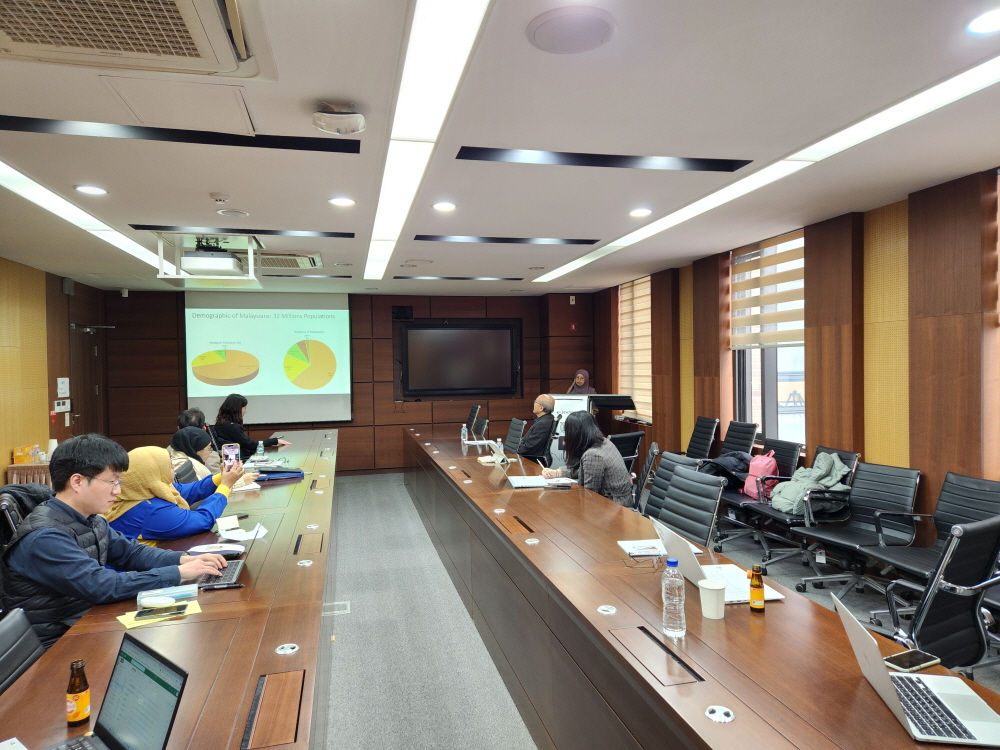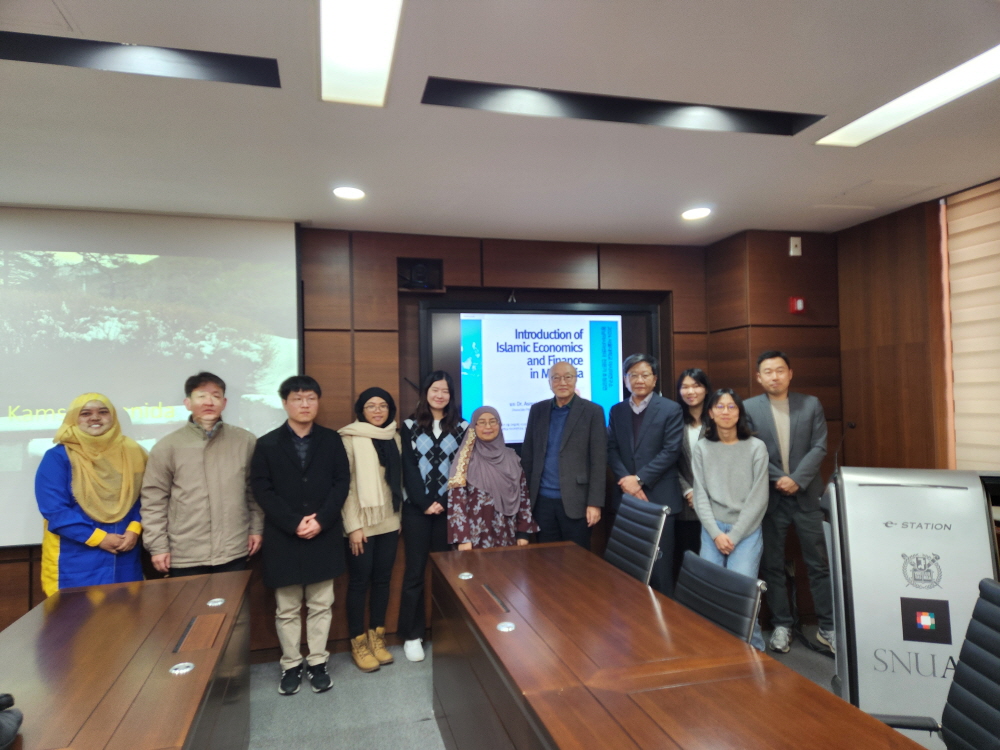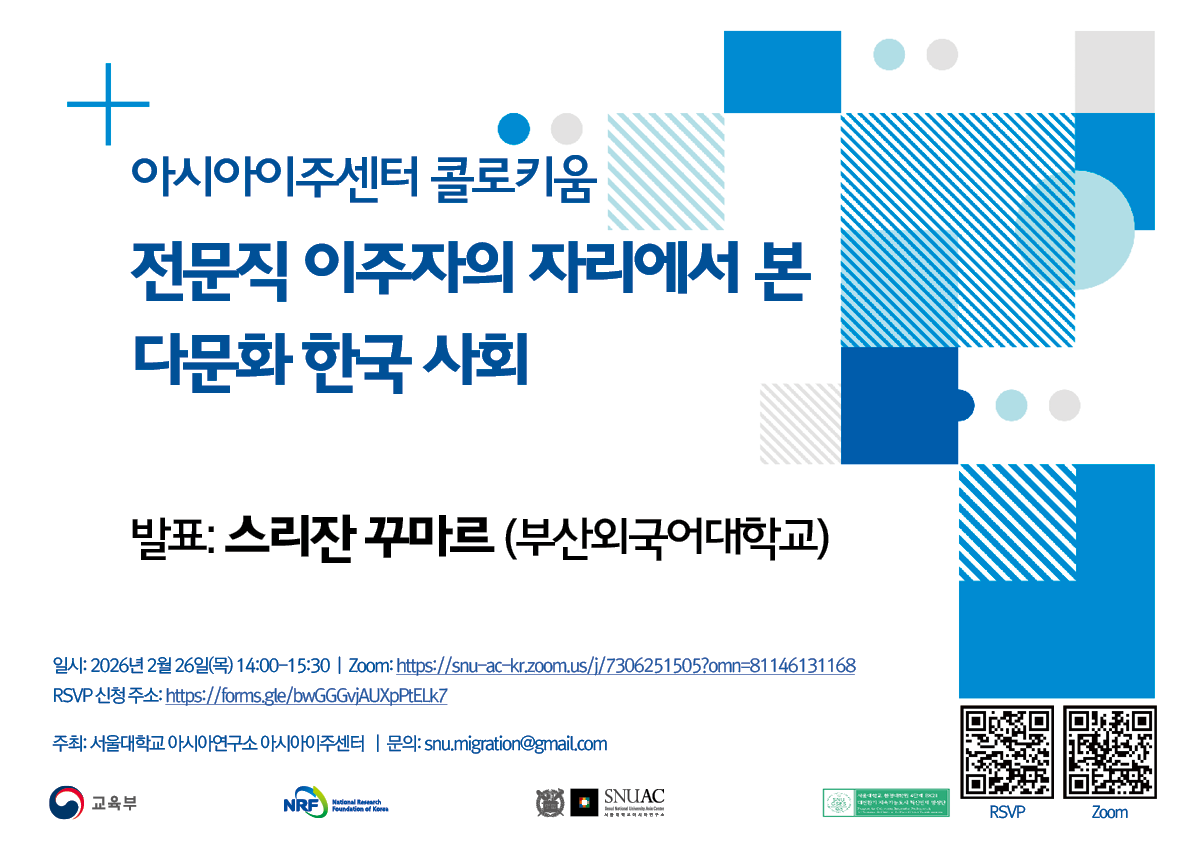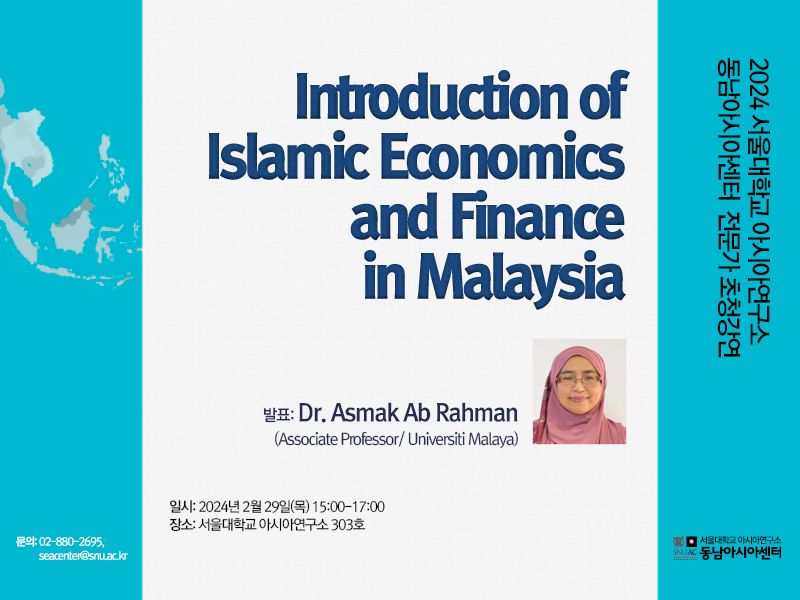
Malaysia, with a diverse population of 32.4 million, exemplifies a multi-ethnic and multi-religious society where various groups and religions coexist harmoniously. The majority of Malaysians can be categorized into four primary racial groups: Malays and indigenous peoples, collectively known as Bumiputera (69.4%); Chinese (23.2%); Indians (6.7%); and a minority from other backgrounds (0.7%). The nation embraces Islam as its official religion while guaranteeing the peaceful practice of other faiths. The religious composition of Malaysia reflects its rich diversity, with 63.5% adhering to Islam, 18.7% to Buddhism, 9.1% to Christianity, 6.1% to Hinduism, and 2.6% following other religions. Malaysia has established a dual financial system, which has become an integral part of its financial landscape. This dual financial system allows for the coexistence of the Islamic financial system alongside the conventional one and has continued to develop and evolve over time, maturing into the system it is today. Islamic economic and financial principles, deeply rooted in Islamic teachings, have resonated with the Muslim population, leading to the development of various Islamic financial instruments and services. This journey began with the establishment of Lembaga Tabung Haji (Muslim Pilgrimage Fund Board) in 1967—an institution that collects deposits from pilgrims and provides Shariah-compliant savings management and efficient hajj services. The integration and growth of Islamic economics and finance within Malaysia’s financial landscape encompass Islamic banking, Takaful (Islamic insurance), Islamic capital markets, the halal industry, and the establishment of Islamic social finance. These elements have become integral components of Malaysia’s economic system, catering not only to the Muslim population but also attracting interest from diverse segments of society. Shareholders, management, employers, employees, consumers, and users of Islamic financial institutions and halal products may include both Muslims and non-Muslims.
Dr. Asmak Ab Rahman is an Associate Professor at the Department of Shariah and Economics, Academy of Islamic Studies, Universiti Malaya (UM). She holds a PhD in Islamic Economics, along with a Master’s degree and a Bachelor’s degree in Shariah from UM. A leading expert in Islamic economics and finance, Dr. Asmak’s research spans various areas, with a particular focus on Islamic Insurance, Islamic Finance, Islamic Banking, Islamic Social Finance, and Shariah.
Throughout her career, Dr. Asmak has held prestigious positions. She served as the Head of the Department of Shariah and Economics at the Academy of Islamic Studies, Universiti Malaya. Currently she is a Committee member of the Universiti Malaya Zakah Fund. She also contribute her expertise as a Managing Editor for the faculty journal, Shariah Journal.
Her expertise has been widely recognized by the Islamic Finance industry, and she currently serves as a Shariah Committee member for Affin Islamic Bank Berhad, FWD Takaful, Tabung Haji, and Permodalan Usahawan Nasional Berhad. Previously, she was appointed as a Shariah Committee member for Ambank Islamic, SME Bank, Hong Leong MSIG Takaful, and BIMB Investment.
Photos
Review
2023-2 동남아센터 전문가 초청강연 중 마지막 강연으로 말레이시아 대학의 Asmak 선생님을 모시고 말레이시아의 이슬람 경제를 주제로 이야기를 들어 보았다. 강연에서는 국교로 지정된 이슬람이 말레이시아 금융 시스템에 미치는 영향에 대해 구체적으로 다루었다. 이슬람의 가르침에 깊이 뿌리 내린 이슬람 경제와 금융 원칙은 무슬림 인구의 공감을 얻으며 다양한 금융상품과 서비스 개발로 이어졌다. 이는 1967년 순례자로부터예금을 모아 샤리아를 준수하는 저축 관리와 효율적인 hajj 서비스를 제공하는 기관인 Lembaga Tabung Haji(이슬람 순례 기금 위원회)가 설립되면서 시작되었다. 말레이시아 금융 환경에서 이슬람 경제와 금융의 통합과 성장은 이슬람 은행, 타카풀Takaful(이슬람 보험), 이슬람 자본 시장, 할랄 산업, 이슬람 사횢거 금융의 설립을 포괄한다. 이러한 요소들은 말레이시아 경제 스스템의 필수 요소로 자리잡았으며 무슬림 인구뿐만 아니라 다양한 사회 계층의 관심을 끌고 있다. 이슬람 금융 기관과 할랄 제품의 주주, 경영진, 고용주, 직원, 소비자, 사용자에는 무슬림과 비무슬림이 모두 포함되어 있다. 위와 같은 강연 내용을 기반으로 한국의 동남아 연구자 및 이슬람 경제 연구자들이 토론에 참여하여 말레이시아 경제에 대한 보다 자세한 사례들에 대한 이야기를 토론을 통해 나눌 수 있었다.
